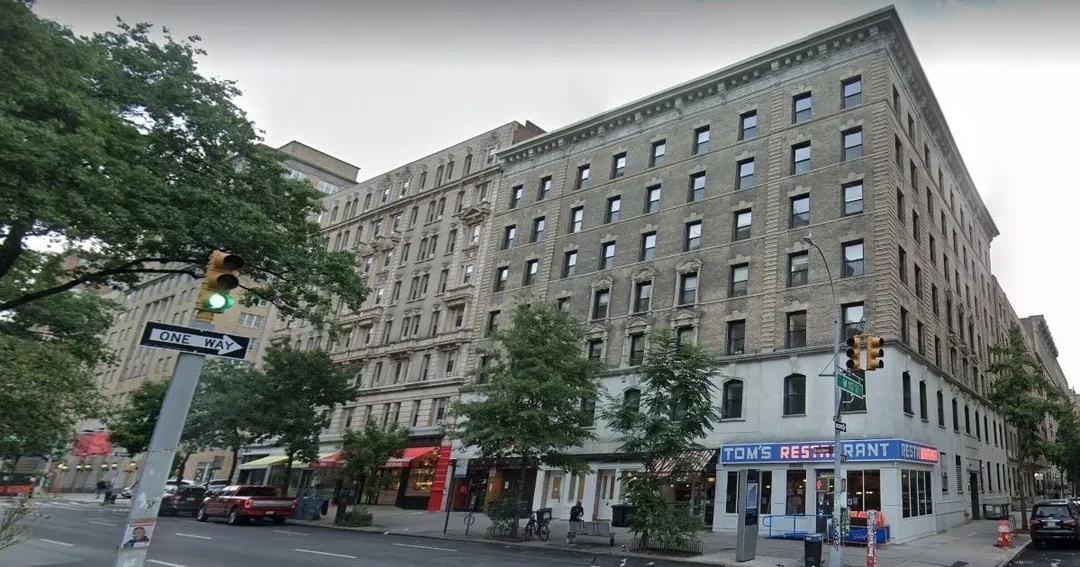
NASA’s Iconic Climate Research Center, Home to ‘Seinfeld’ Diner, Faces Closure Amidst Budgetary Shifts
An iconic hub of scientific research, the NASA Goddard Institute for Space Studies (GISS) in New York City, is facing imminent closure, sending shockwaves through the scientific community. The center, famously located above the diner that served as the exterior for “Seinfeld’s” Monk’s, faces the daunting task of vacating its Columbia University-owned building by the end of the month.

Why this matters: The closure jeopardizes crucial research, including the maintenance of global temperature records dating back to the 1880s, vital for economists, insurance companies, and private developers. This move is seen by some as another blow to climate change researchers amidst budgetary shifts.
This isn't just about moving offices; it's about disrupting decades of invaluable climate research. The institute, founded in 1966, is nearly as old as NASA itself and is where the terms "black hole" and "quasar" were coined.
Scientists received an email last month alerting them to the imminent closure, leaving them scrambling. "This is existential for us," said Joy Romanski, a climate scientist at Columbia University who works at the center. "We can't recreate this anywhere else. And it doesn't work to be remote."
The Intricacies of the Lease: While NASA claims the lease is being canceled as part of a government-wide review to increase efficiency, Columbia University maintains that the lease, which runs through August 2031, remains in effect with the General Services Administration (GSA) continuing to pay the rent. This means taxpayers may be footing the bill for an empty building while research is disrupted.
Kostas Tsigaridis, a research scientist at the institute and at Columbia, stated, "There is no logic behind this." The situation is further complicated by the fact that NASA recently funded renovations to the building, including a state-of-the-art conference room.
The Bigger Picture: The upheaval comes amidst broader funding cuts impacting scientists and researchers. Concerns are mounting that this displacement could fracture teams and impede scientific progress. The question remains: how will this impact the global efforts to understand our quickly changing climate?
The scientists are scrambling to find alternative workspace, but this will inevitably cause setbacks and delays.
What impact will this closure have on the global effort to combat climate change? Share your thoughts in the comments below.